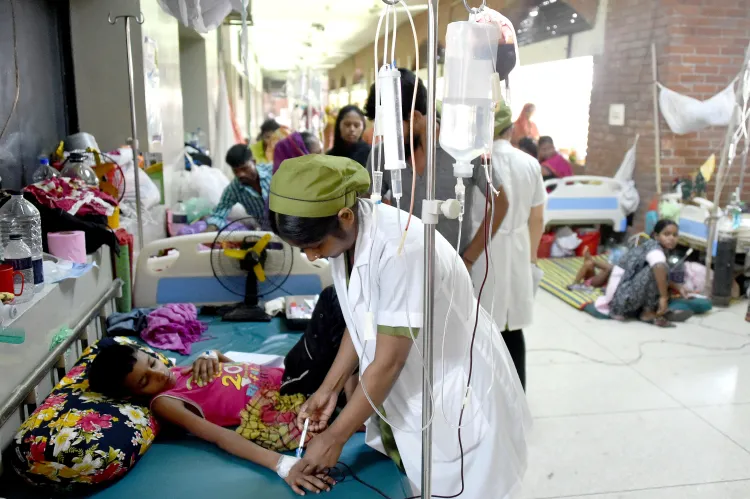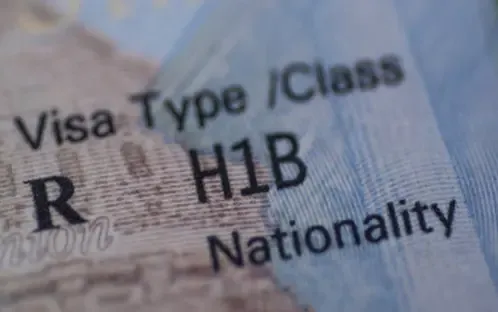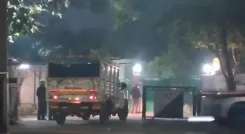Is Bangladesh's Health Infrastructure Ready for the Rising Dengue Cases?

Synopsis
Key Takeaways
- Dengue cases in Bangladesh have surged to over 12,000.
- Healthcare facilities are struggling to accommodate the rising number of patients.
- Experts are calling for immediate action and a comprehensive response.
- Current preventive measures are deemed insufficient.
- The new dengue strain may complicate treatment efforts.
Dhaka, July 7 (NationPress) With a troubling surge in dengue cases in Bangladesh, the nation's health infrastructure and hospital readiness are proving insufficient for delivering adequate treatment to affected individuals.
Recent reports from the Directorate General of Health Services (DGHS) indicate that at least 117 new patients were admitted to hospitals across 10 districts in the Khulna division just last week.
Moreover, 317 new dengue cases were reported within a 24-hour span on Sunday, pushing this year's total to a concerning 12,271 cases.
“Hospitals lack dedicated facilities for dengue patients, which poses a risk of transmission to others,” a caregiver stated, as quoted by the local media outlet, UNB.
“This year, we are witnessing an early surge in dengue cases, and the emergence of new symptoms implies a potential new strain—likely dengue serotype 1. Relying solely on standard larvicide spraying is insufficient. A comprehensive and coordinated response is critical, and action must be taken immediately,” emphasized Kazi Didarul Islam, a Professor at the Biotechnology and Genetic Engineering Discipline of Khulna University.
Currently, 1,228 dengue patients are receiving treatment in various hospitals across Bangladesh, with reports indicating 45 fatalities thus far.
The DGHS has confirmed new cases nationwide, including 127 in Barishal Division, 70 in Chattogram Division, 13 in Khulna Division, 7 in Mymensingh, 52 in Dhaka Division, 26 in Dhaka North City Corporation, and 22 in Dhaka South City Corporation.
The recent World Health Organization South-East Asia Region Epidemiological Bulletin shows that this year's dengue case count in Bangladesh surpasses that of 2024.
Dengue, a viral disease spread by mosquitoes, has become a significant public health challenge in Bangladesh, primarily transmitted by the Aedes aegypti mosquito.
Experts argue that the interim government led by Muhammad Yunus has not taken adequate measures in response to the crisis. Instead of executing a comprehensive dengue management strategy, their efforts have largely been confined to routine fogging and sporadic cleaning initiatives, as reported by local media.
Public health professionals, physicians, and entomologists believe that effective preventive actions against dengue are lacking, and the healthcare system remains unchanged.










